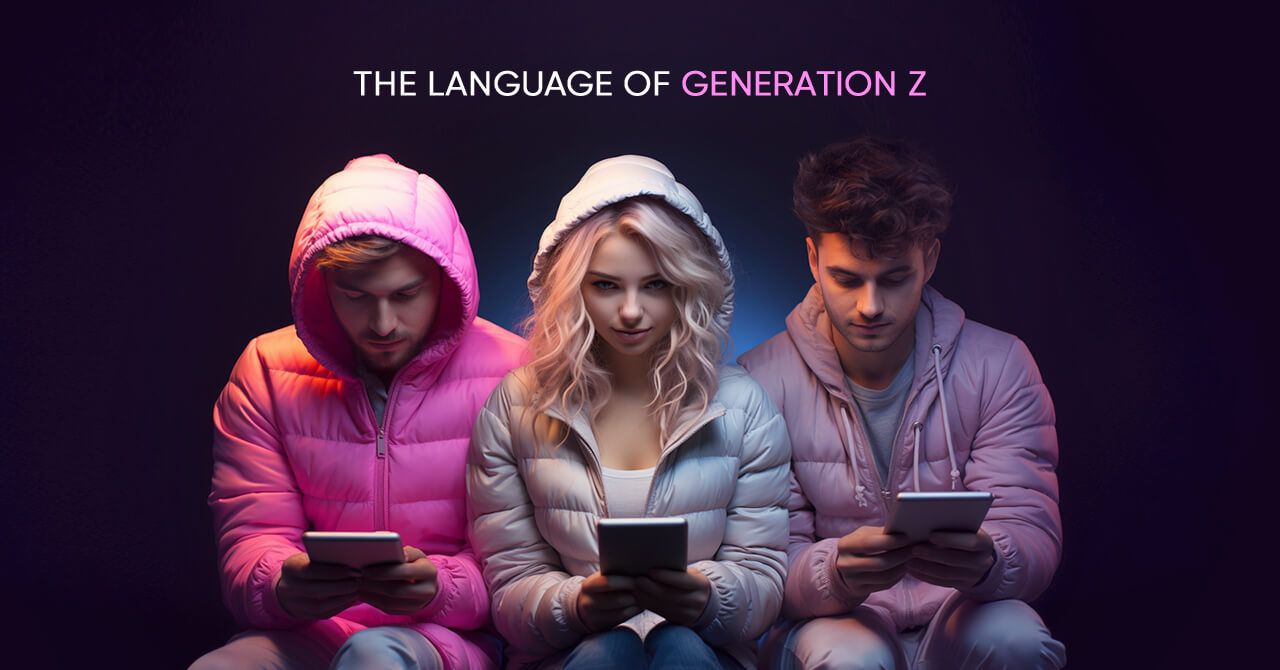
The Language of Gen Z: Redefining Communication in the Digital Age
In current media and examination, Generation Z are those brought into the world somewhere in the range between 1995 and 2010.
Wherever in the world, you can have a discussion with individuals communicating in English today since English is the language of worldwide correspondence. As this worldwide language is turning out to be progressively significant in the cutting-edge time of innovation, an ever-increasing number of youngsters are fostering their abilities, making the up-and-coming age of speakers. They are known as Generation Z.
Who belongs to generation Z
Who are the individuals from Generation Z? In current media and examination, Generation Z are those brought into the world somewhere in the range between 1995 and 2010. Consequently, this age bunch ranges somewhere between 12 and 26 years of age. The Internet is coordinated into each part of their lives, including work, training, and connections. Their lives couldn’t be envisioned without innovation and the Internet. Contrasted with more established ages who grew up without the Internet, Gen Zers originally viewed it as a method for reaching loved ones, later for learning or consuming various types of content.
Having access to a network means having access to the world. Regardless of where they are, there is always access to information when they need it. Remote learning, obtaining new skills online, or gaining new experiences are common among them. The possibilities for virtual communication are also endless for them, as they can talk to people all over the world and make new friends in different parts of the globe.
Because of the way that the Internet works with an ever-increasing number of parts of their day-to-day routines and relational connections, Generation Z is supposed to be an innovation master. These people are agreeable and sure while communicating with the world. They redo their spoken and composed correspondence to keep in contact with many individuals in a one-of-a-kind way. They colossally affect the world we live in as well as the language we speak today.
Gen Z’s learning process
To understand Gen Z’s learning process, we must understand how it impacts their day-to-day communication. The Internet, social media, and networks were constantly a part of their lives from the beginning, so they learned language skills naturally and almost unintentionally. In a long process of constantly communicating through their mobile devices, their own unique style, vocabulary, and literacy skills are developed while they are simultaneously eliminating old words. The expansion of the new language is also changed by technology. Generation Z develops its own slang words out of phrases and acronyms that help them express themselves and make sense of the world around them. It is common for them to use abbreviations and expressions known only to their age group or even only to their friends.
New words and abbreviations used by generation Z
Additionally, they use a wide variety of words that can even be considered incorrect. Some new words can be confusing for other older generations, e.g., their parents, who often have difficulty grasping the meaning. Among the most popular terms are “IYKWIM,” which means “If you know what I mean,” “PTB”—“Please text back,” and “Slay,” which means “doing well.” Those words are only examples to provide a glimpse into the lives of young people and the use of specific phrases that they use constantly.
Likewise, teens and youthful grown-ups invest the majority of their energy utilizing web-based entertainment stages and informing administrations consistently. The singularity of every one of them is clear in the signs, emojis, and gifs that portray each. A great deal of new and now and again peculiar words are tracked down there.
To make things even simpler, Gen Zers send recorded voice messages or short films rather than typical text messages. There is something of great importance in the fact that their linguistic innovations are becoming part of everyday spoken and written language.
Keep up with generation Z
As the generation that has grown up using the Internet, Generation Z has mastered modern technological devices for communication and personal development. The flexibility, openness, and diversity of world cultures attract young people around the world. As a consequence, Gen Z will create new possibilities, new methods of communicating with the world as well as a well-established modern language.
Animal-Loving, Film-Buff, Crossfit Enthusiast: Join me for a Language Adventure!

